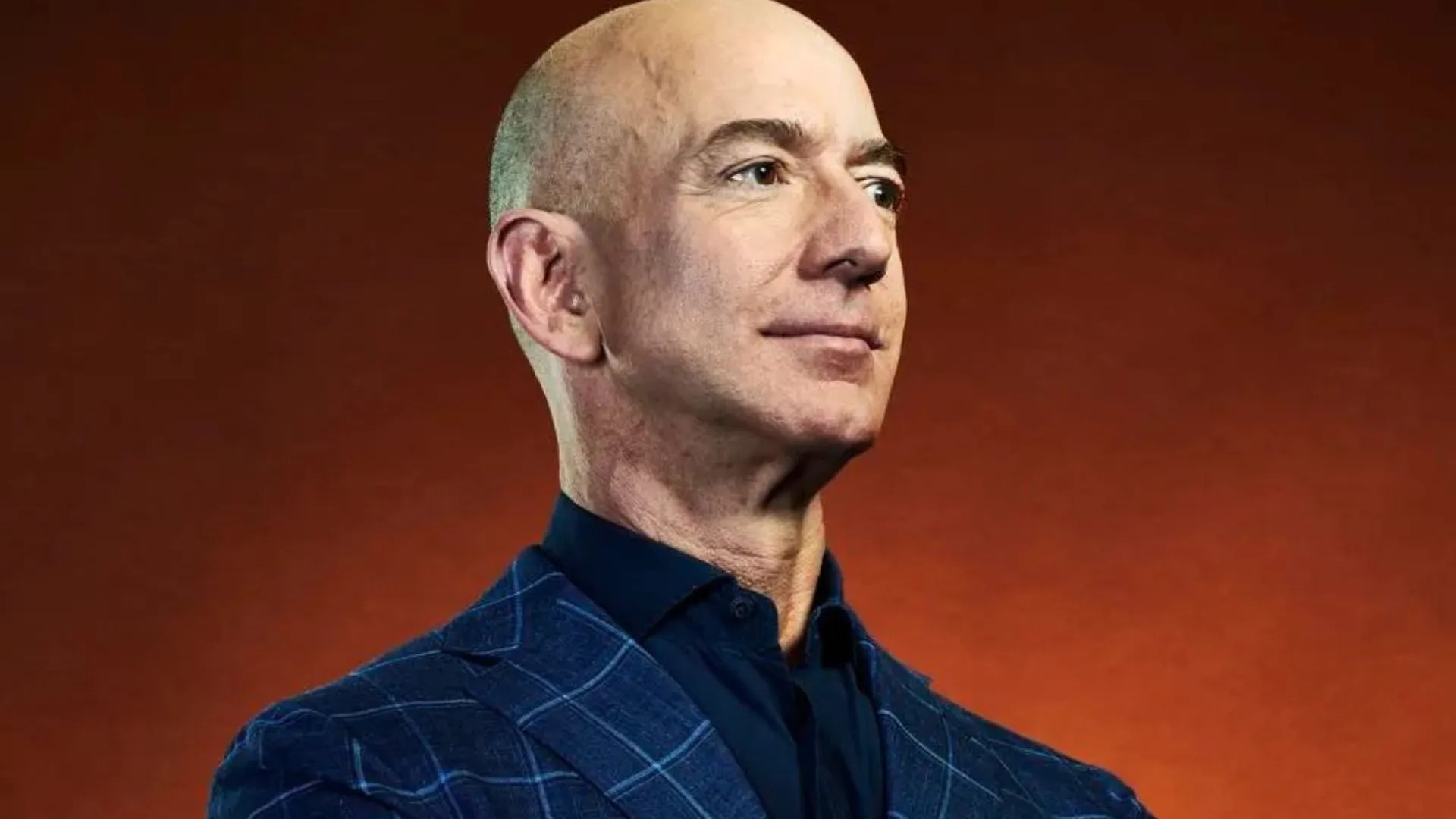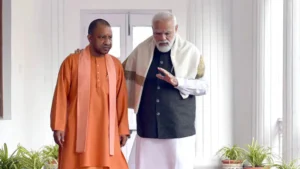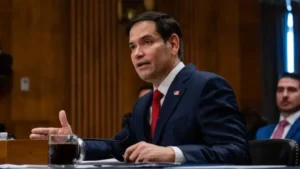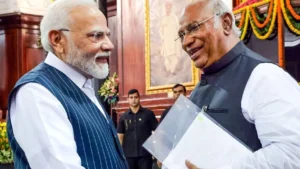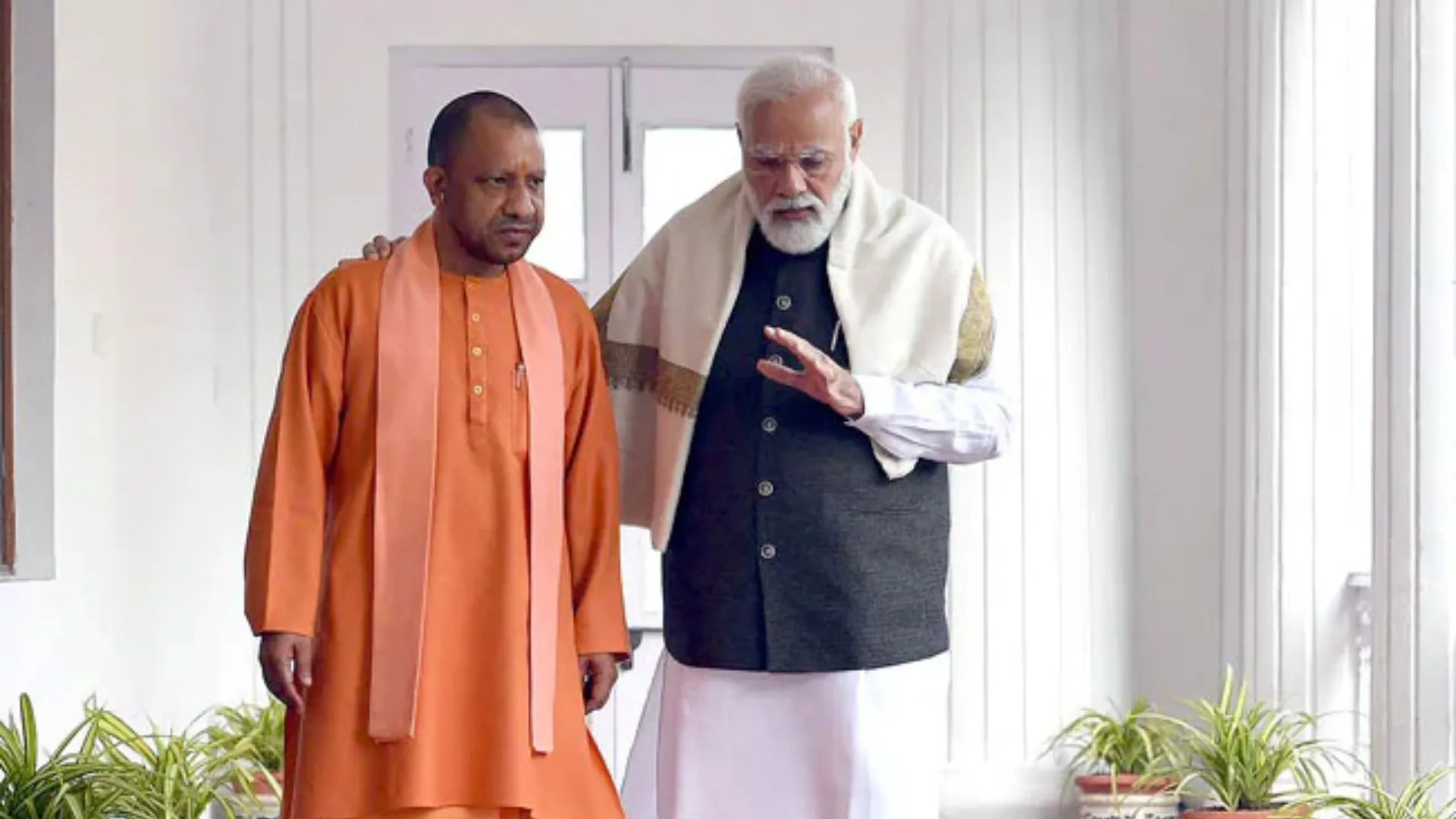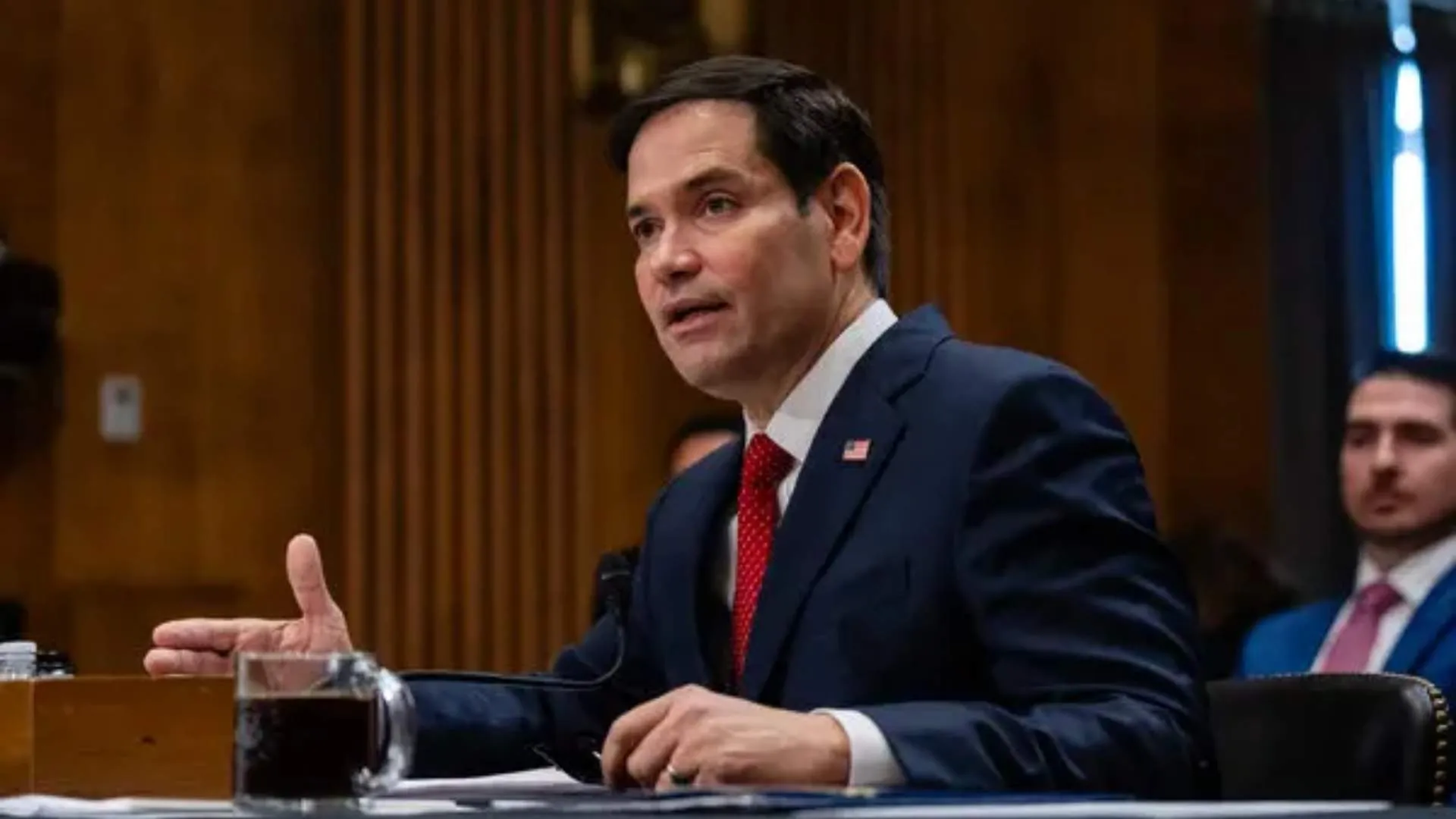The Washington Post is facing a significant backlash, as more than 200,000 subscribers have canceled their memberships—approximately 8% of its subscriber base—after owner Jeff Bezos decided to prohibit the newspaper’s editorial board from issuing a presidential endorsement. Reports indicates that the wave of cancellations “continued to grow” into Monday afternoon, posing a substantial risk to the publication’s estimated 2.5 million subscribers.
On Friday, Washington Post CEO and publisher William Lewis announced on the newspaper’s website, “The Washington Post will not be making an endorsement of a presidential candidate in this election. Nor in any future presidential election. We are returning to our roots of not endorsing presidential candidates.” This marks a notable shift for the Post, which has historically endorsed candidates in every presidential election since 1976, except for 1988. Lewis, who joined the Post in November 2023, previously served as CEO of Dow Jones & Co. and publisher of the Wall Street Journal.
Reports indicate that Bezos, who acquired the Washington Post in 2013, made the decision to abstain from endorsing either Kamala Harris or Donald Trump for the upcoming 2024 election. The editorial board had reportedly prepared a draft endorsement for Harris. Many observers viewed this move as an attempt by Bezos to shield himself from potential backlash from Trump. Notably, the New York Times reported that executives from Bezos’ aerospace company, Blue Origin, met with Trump shortly before this announcement, raising questions about potential conflicts of interest, especially given Blue Origin’s substantial $3.4 billion contract with NASA to develop a lunar lander.
Reaction From Leadership
In response to the mounting criticism, Lewis asserted, “The decision to end presidential endorsements was made entirely internally, and neither campaign nor candidate was given a heads up or consulted in any way at any level. Any reporting to the contrary is simply incorrect.” However, the backlash has not been limited to subscribers. According to a report by the Washington Post, the outrage extended to journalists within the organization, politicians, and concerned readers alike. Some staff members reportedly began tracking the rising number of subscribers visiting the cancellation page, highlighting the growing discontent.
The fallout has also led to resignations. Two prominent contributors to the Post’s opinion section, Michele Norris and Robert Kagan, severed their ties with the newspaper in protest. Furthermore, 20 opinion columnists co-signed a column condemning the decision, characterizing it as “an abandonment of the fundamental editorial convictions of the newspaper that we love.”
Criticism from Former Editors
Former Washington Post editor Marty Baron described the decision as “cowardice, with democracy as its casualty,” remarking on social media that Trump would likely interpret this move as an opportunity to further intimidate Bezos. Baron’s comments reflect a broader sentiment among critics who view the decision as a capitulation to external pressures.
Bob Woodward and Carl Bernstein, legendary journalists known for their investigative reporting during the Watergate scandal, also expressed their disappointment. In a joint statement, they noted, “We respect the traditional independence of the editorial page, but this decision 11 days out from the 2024 presidential election ignores the Washington Post’s own overwhelming reportorial evidence on the threat Donald Trump poses to democracy.” They emphasized that under Bezos’ ownership, the Post has utilized its resources to rigorously investigate the potential dangers of a second Trump presidency, making this decision particularly surprising and disheartening.
A Wider Trend in Journalism
The controversy surrounding the Washington Post is not an isolated incident. A similar situation has arisen at the Los Angeles Times, where owner Patrick Soon-Shiong instructed the paper not to endorse a presidential candidate, leading to the resignation of editorials editor Mariel Garza. This trend underscores a growing concern within journalism about the influence of ownership on editorial decisions, particularly in an increasingly polarized political landscape.
MUST READ | India Overtakes Saudi Arabia As Europe’s Top Refined Fuel Supplier


